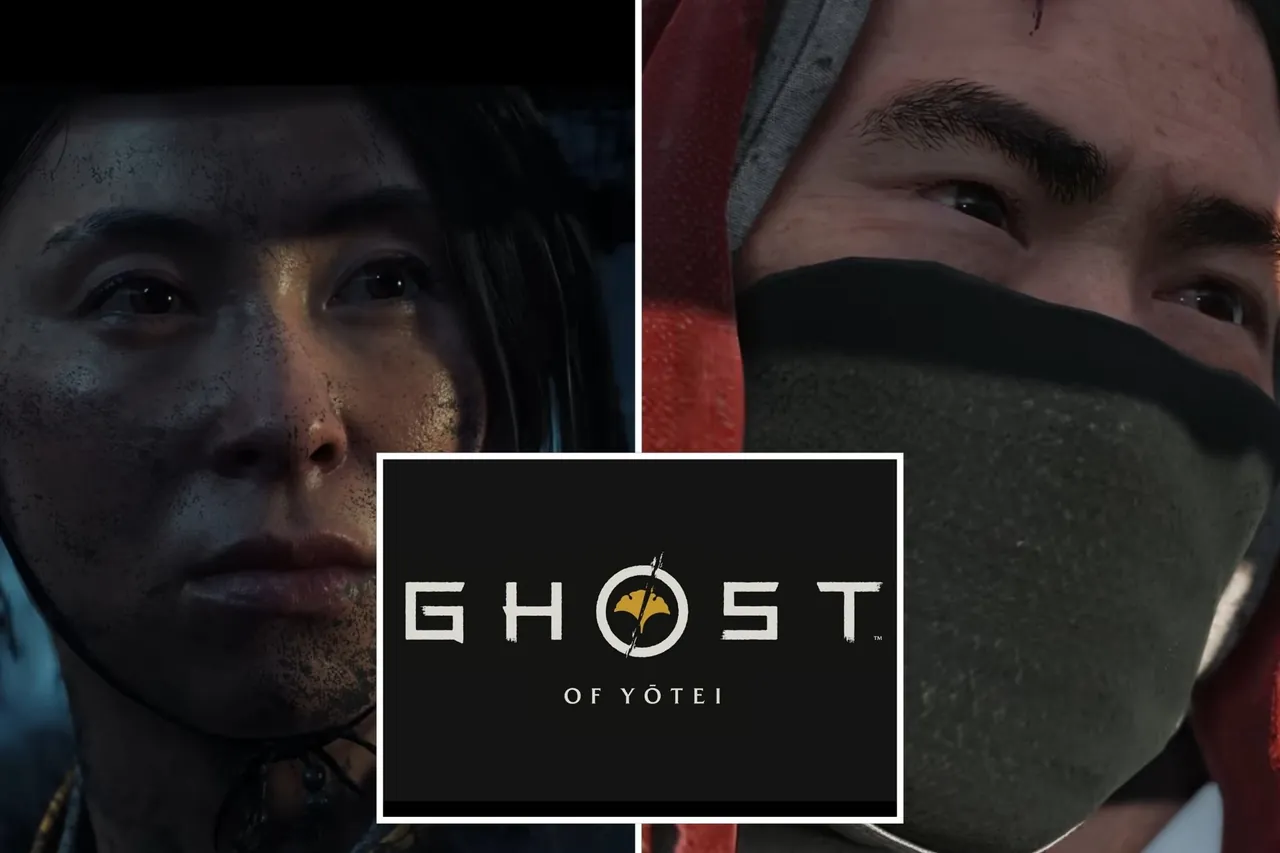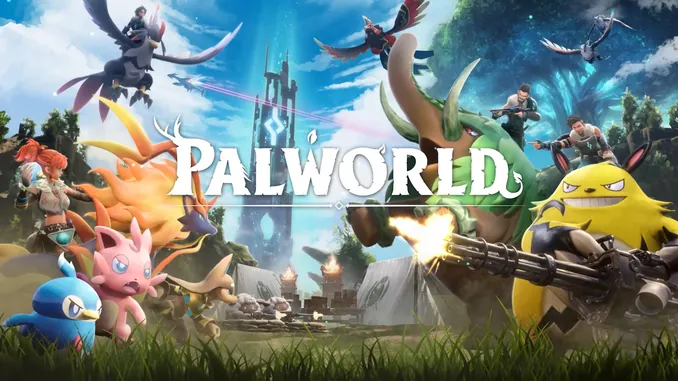Sweet Baby Inc Tries To Make A Comeback With 'We’re Just People' Excuse And Gamers Aren’t Buying It
The studio resurfaced on social media with a vague plea for sympathy, but critics quickly pointed out that “we’re just people” isn’t much of an answer when you’ve been accused of silencing dissent for years.
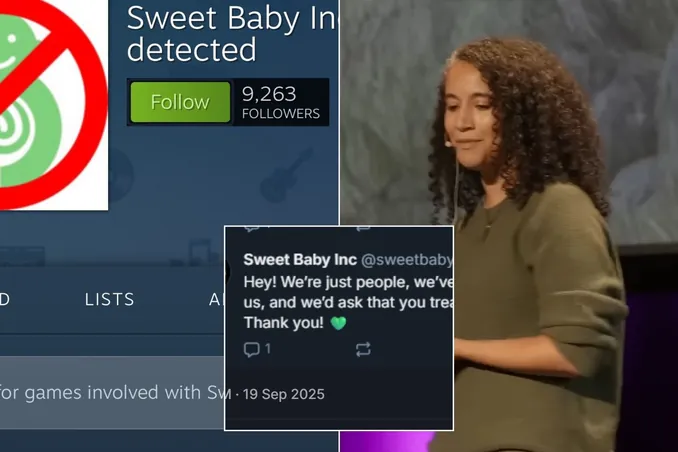
Summary
- Sweet Baby Inc tries a comeback with ‘we’re just people’ defense, but backlash reignites over cancel culture history.
- Critics resurface scandals from ex-employee Chris Kindred, accused of contacting workplaces and pushing deplatforming.
- A talk on decolonizing cozy games at the Game Devs of Color Expo sparks fresh ridicule and online outrage.
Sweet Baby Inc. is back in the headlines, and they’re not exactly winning over skeptics. After months of silence, the controversial narrative design studio has re-emerged with a public response that reads less like an explanation and more like a PR student’s homework.
The pitch? “We’re just people.” That’s the line they offered when asked why gamers should stop raising eyebrows at their involvement in various titles.
Related
Cute sentiment, but when your critics have a laundry list of incidents stretching back years, that line lands about as well as a patch day server crash.
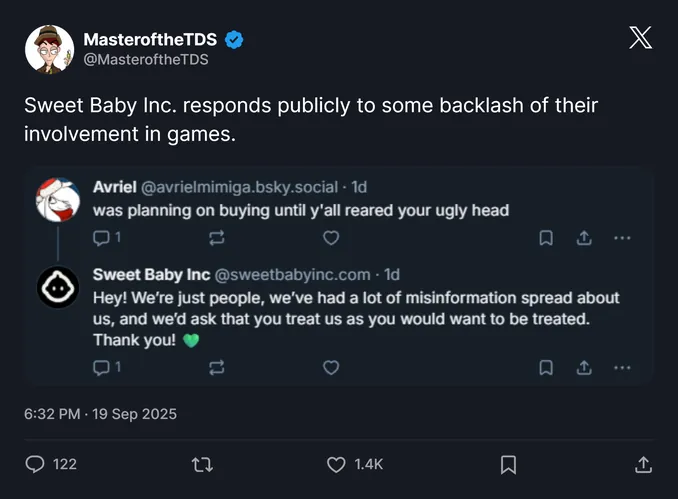
The studio decided to poke its head back into the spotlight by replying to a user who claimed they were planning to buy a game until Sweet Baby’s name showed up. The official reply:
“Hey! We’re just people, we’ve had a lot of misinformation spread about us, and we’d ask that you treat us as you would want to be treated. Thank you! 💚”
That might sound harmless, but the reaction was brutal. Detractors immediately called the statement disingenuous, with one creator comparing it to groups excusing bad behavior by hiding behind their humanity.
For critics, this isn’t just a matter of “gamers being mean online.” They see it as part of a pattern, one where Sweet Baby paints itself as misunderstood victims while ignoring the long trail of messy fights tied to their name.
And to be fair, that trail isn’t short.
Cancel Culture Accusations
The most serious charge leveled against Sweet Baby Inc. is that its staff and associates have actively tried to silence critics in ways that go way beyond “blocking people on Twitter.”
One particularly infamous episode alleged involved Chris Kindred, a former employee accused of contacting a critic’s old workplace and trying to get him fired over alleged racism.
The critic later released details, claiming his former employer confirmed the attempt. According to him, this wasn’t just petty internet beef, it was a targeted move to wreck his livelihood.
That kind of tactic has left a permanent stain on Sweet Baby’s reputation. Instead of just being known as “the DEI story consultants,” they’ve become shorthand for cancel culture in gaming.
So people argue that Sweet Baby preaches tolerance while practicing the exact opposite whenever they’re criticized.
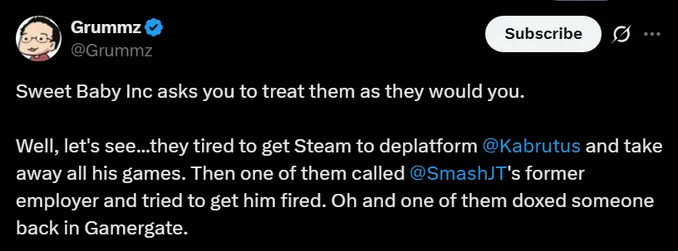
Gamers Don’t Forget
The internet has a long memory, and Sweet Baby Inc. has been a recurring character in a saga that some critics now jokingly call “Gamergate 2.”
The spark? Allegations that Kindred and others tried to push developers off Steam forums, deplatform creators, and label critics as harassers. Once those stories started circulating, the studio’s reputation took a nosedive.
Even years later, posts resurface reminding people of what went down. “The eye of Sauron turned to Sweet Baby Inc. and has not looked away,” one critic put it.
And when the studio keeps resurfacing with carefully worded statements, detractors see it as gaslighting. They argue Sweet Baby wants the public to forget the past while never owning up to it.
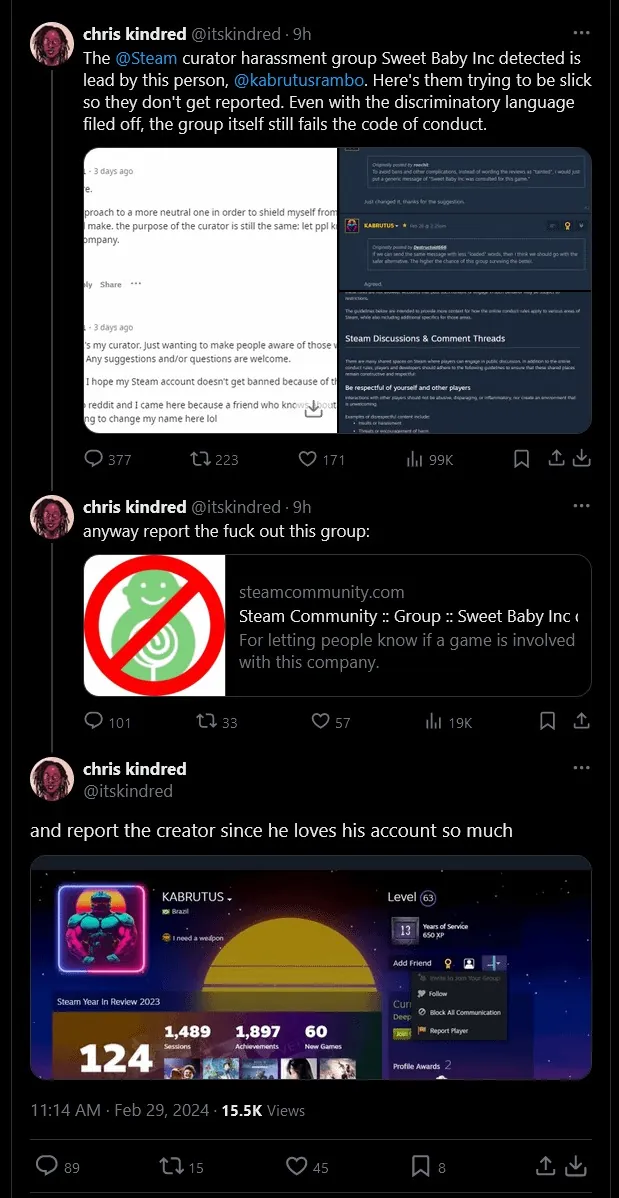
Community Blowback
Plenty of gamers and commentators mocked the “we’re just people” statement. Replies ranged from sarcastic memes to long threads cataloging every alleged offense tied to the studio.
One user summed it up bluntly: “Respect isn’t given, it’s earned. And they are far from earning it.”
Others piled on by reminding everyone of past “flops” linked to the studio’s narrative work. Whether or not every bad game can actually be pinned on them is debatable, but perception matters.
And right now, the perception is ugly.
Even other devs and industry voices have chimed in.
Critics like Grums and Crooked Delight pointed back to Sweet Baby’s alleged efforts to get creators banned from Steam and mocked the company’s “innocent storytelling” image.
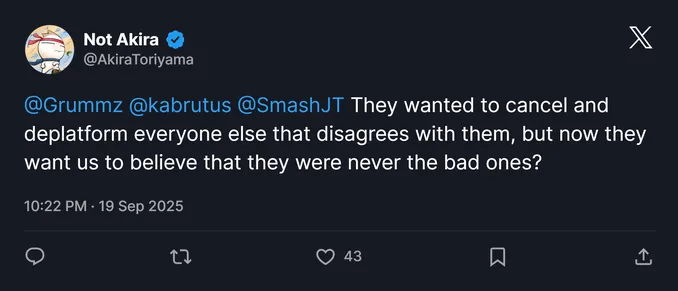
The Cozy Games Controversy
Just when it seemed like the backlash couldn’t get messier, Sweet Baby Inc. turned up at the Game Devs of Color Expo with a talk that sounded tailor-made to inflame critics.
The session? “Decolonizing Cozy Games.”
The speaker argued that cozy titles often reinforce values of colonialism and capitalism, rewarding players for consumption and individualism.
The claim was that what feels comforting to many players can feel exclusionary to marginalized groups.
Needless to say, that pitch landed like a lead balloon in certain corners of the internet. Critics mocked it as over-intellectualizing something as simple as Stardew Valley or Animal Crossing. The blunt response from one commentator: “Go make a marginalized game. Prove it.”
For some people, this reinforced their view of Sweet Baby as obsessed with injecting ideology into spaces where players just want escapism.
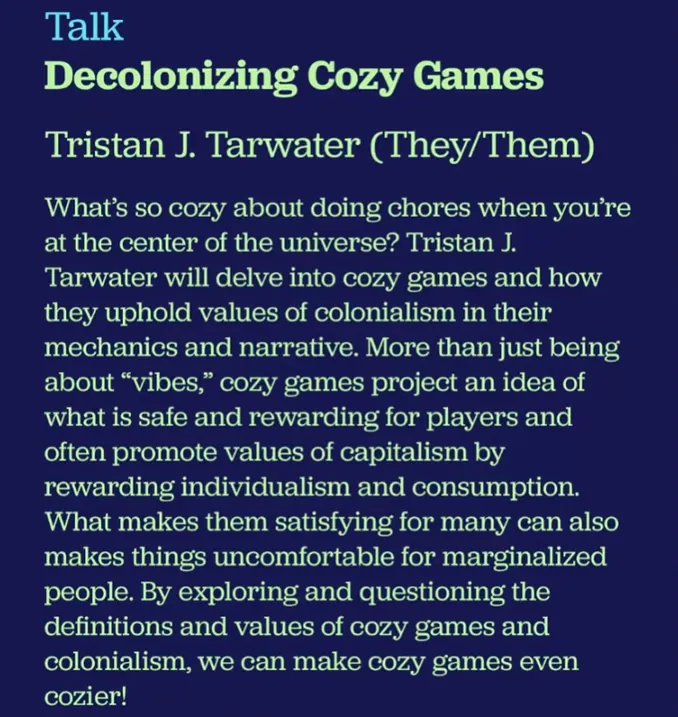
Pattern or Paranoia?
Here’s where things get complicated.
Sweet Baby Inc. has undeniably become a lightning rod. Any game they touch, no matter how minor their contribution, immediately becomes suspect in some gamers’ eyes.
And yes, not all the criticism is fair. It’s easy for online pile-ons to exaggerate.
But here’s the flip side, the studio’s own actions keep giving critics ammo. Instead of taking responsibility for past controversies, they tend to brush them off, downplay them, or return with statements that sound like corporate spin.
That keeps fueling the perception that they’re dishonest at best and manipulative at worst.
When your critics can point to specific incidents, like attempts to get people deplatformed or fired, “we’re just people” doesn’t cut it.
It feels like dodging.

You might ask: why does a small Canadian narrative studio draw this much fire?
Because they’ve become a symbol. To critics, Sweet Baby represents what’s wrong with parts of the modern games industry, the push for identity politics, DEI checklists, and lectures disguised as fun.
To their defenders, the outrage is proof that certain gamers can’t handle diverse voices or new perspectives in storytelling.
The truth is probably somewhere in the messy middle. Some of Sweet Baby’s critics are genuinely angry about perceived hypocrisy and past behavior.
Others just enjoy dunking on a convenient villain. And in the middle are regular gamers who now second-guess whether to buy a game if that logo pops up in the credits.
So…
If Sweet Baby Inc. hoped that stepping back into the public eye would calm things down, they miscalculated.
The internet hasn’t forgotten. Every attempt at re-entry gets met with a flood of reminders about the past.
The company could try genuine transparency, own up to mistakes, fire problematic staff earlier, stop pretending nothing happened.
That might start repairing trust. But as long as they keep leaning on “we’re just people” platitudes, they’re going to stay in the crosshairs.
Gamers may be cynical, but they’re not goldfish. They remember. And right now, what they remember about Sweet Baby Inc. isn’t flattering.
The controversy began when a Sucker Punch employee mocked the Charlie Kirk assassination.

